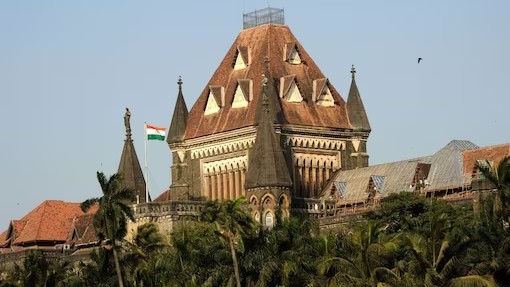Mumbai: The Bombay High Court recently ordered the release of two Nigerian nationals, observing that foreign nationals are entitled to the fundamental right to life and liberty under Article 21 of the Constitution of India.
A bench of Justices Bharati Dangre and Manjusha Deshpande was hearing a petition filed by the two Nigerians, who had been detained by the Anti-Narcotics Cell (ANC) in Bandra despite completing their sentences.
The court found their continued confinement unjustified, stating, “Since it is not in dispute that the Petitioners, though foreign nationals, enjoy the right under Article 21 i.e. the right to Life and Liberty… confinement of Petitioners in the office premises of Respondent No.2, according to us, to be completely unjustified.”
The duo was initially arrested after being found in possession of 1.005 kg of cocaine and were charged under the Narcotic Drugs and Psychotropic Substances (NDPS) Act, the Foreigners Act, the Passport Act, and the Indian Penal Code (IPC).
Although the Sessions Court acquitted them of charges under the NDPS Act, it convicted them under the remaining laws and sentenced them to five years in prison. After serving their sentences, they were detained by the ANC, prompting them to approach the HC.
The petitioners argued that their continued detention, even after completing their sentences, violated their right to liberty. State’s advocate defended the detention, citing restrictions imposed by the Foreigners Regional Registration Officer (FRRO) and the Civil Authority under Para 11(2) of the Foreigners Order, 1948. It was claimed that the restrictions were necessary to prevent the petitioners from becoming untraceable or engaging in illegal activities.
In response to a query from the bench, the prosecutor revealed that the petitioners were confined to the ANC office because the detention center for foreigners was not operational.
The court rejected this justification, noting, “We are astonished by the exercise of power in the form of the restriction order passed under the Foreigners Order, 1948 by the Civil Authority… despite the fact that they have undergone the sentence imposed upon them and it is a specific statement made by Mr. Taraq Sayed, the learned counsel for the Petitioners, and which is not denied by the learned Prosecutor, that there are no other criminal cases which the Petitioners are facing in India.”
The court ordered their release on a personal bond of Rs 5,000 with two sureties, emphasizing that their detention was inconsistent with Article 21.
